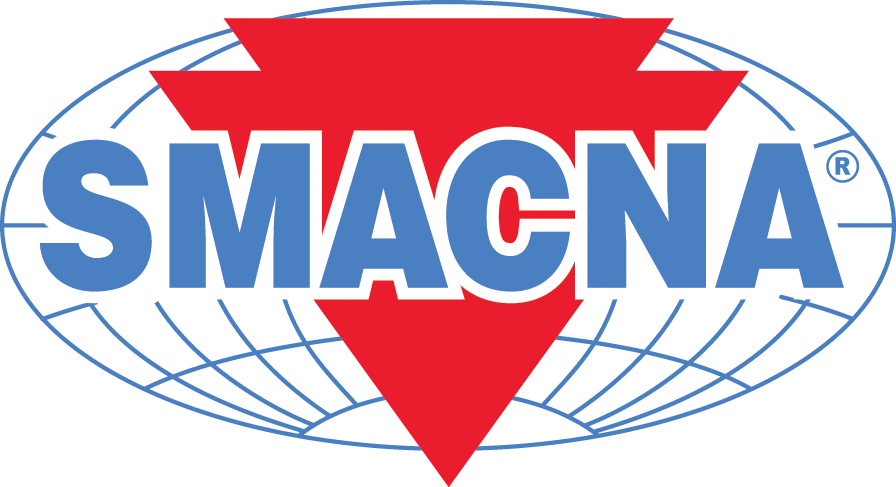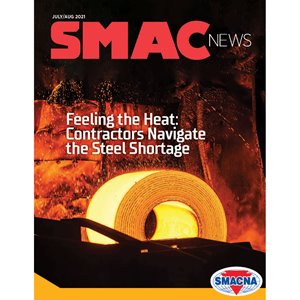Upgrading Your Pre-Qualification Process to Today’s Market Demands
The purpose of a prequalification process is to evaluate whether a contractor is qualified to bid on a specific construction project.
 The purpose of a prequalification process is to evaluate whether a contractor is qualified to bid on a specific construction project. However, the bidding landscape was drastically altered by COVID-19, so it is increasingly important to strategically reposition the way you present your company.
The purpose of a prequalification process is to evaluate whether a contractor is qualified to bid on a specific construction project. However, the bidding landscape was drastically altered by COVID-19, so it is increasingly important to strategically reposition the way you present your company.
This new environment has necessitated changes in a contractor’s overall approach to landing new work, but it’s most evident in the pre-qualification process where a company needs to stand out from the crowd and improve its chances of success.
Standing Out from the Competition
There are many ways to stand out, including:
Experience – Customize the bid to highlight the unique trade, type of work (public/private), market sectors and other experience the company has that would be relevant to the job being bid on. In this regard, a contractor’s creative ability to present itself in a specific light can significantly affect its ability to land that next job.
Past Performance – Quantify your performance record of coming in on time and within budget on past jobs. Consider including cost performance reports, customer testimonials, quality reviews, and other documentation that support your promises of efficient, high-quality service. With today’s projects being much more budget focused and driven by a fast-paced schedule, a contractor’s historical performance to adhere to both of these items becomes much more important in the decision making process.
Safety Record – Go beyond the basic safety record that is required in the bid and demonstrate your overall commitment to safety. Outline the safety training, compliance programs, technology and other tools your company employs to create a safe jobsite, avoid project delays and protect the customer from financial and reputational risk.
 Technology – In an industry that is slow to adopt new technologies, your investment in safety technology, digital financial tools, data analytics and artificial intelligence will go a long way in differentiating your company from the rest. Explain how these technologies allow your company to increase efficiencies, avoid project delays, make the billing process easier on the customer's staff and provide other benefits to improve their overall ROI.
Technology – In an industry that is slow to adopt new technologies, your investment in safety technology, digital financial tools, data analytics and artificial intelligence will go a long way in differentiating your company from the rest. Explain how these technologies allow your company to increase efficiencies, avoid project delays, make the billing process easier on the customer's staff and provide other benefits to improve their overall ROI.
Financial Capability – Your bid should paint a clear picture of your company's financial solvency, both now and in the future. Include details on credit lines, cash flow projections, relationships with lenders and other advisors, top-line revenues and audited financial statements. Savvy customers, in both public and private sectors, know that lending restrictions, delayed payments and economic damages are plaguing the construction industry today.
Payment History – Emphasizing your strong history of on-time payments to your sub-contractors and vendors will further demonstrate your financial capability and put the customer’s mind at ease that project delays will not be caused by delinquent payments or liens. Contractors should be ready with rreferences as well.
Compliance with Contracts – Particularly if you are bidding on a contract with government agency-specific requirements, highlight your past compliance with MBE/WBE or other hiring obligations.
While these extra steps may put an additional responsibility on your already-strained project team as they recover from COVID-19 delays and damages, the benefits and ROI will position your company for long-term financial stability and success. Plan ahead and be sure to lean on the experience of your CPA, surety and other advisors to help you create the pre-qualification process that works best for your company and enables your bid to truly stand out.
Published: September 3, 2021
IN THIS ISSUE
ARCHITECTURAL: Architecture Billing Index, A Key Indicator of Construction Spending
The COVID-19 pandemic threw the brakes on the economy in 2020, shuttering businesses around the world and throwing millions of people out of work.
Capitol Hill Update: Main St. Efficiency Act | Davis-Bacon | COVID Reimbursement | School Retrofits
SMACNA joined leading business and efficiency groups in supporting small business efficiency upgrade incentives that will be simplified with the Main Street Efficiency Act of 2021.
Cooking Up Clarity
Bringing guidance to food processing industry projects was goal of new SMACNA guidelines.
From the President: Guiding Resources
First it was the supply chain, then lumber prices, then steel…and now the COVID-19 Delta Variant is set to add a lot of uncertainty into the third and fourth quarters of this year.
How Leaders Can Build Enduring Resilience
We’ve all heard the phrase, “It’s a marathon, not a sprint.”
HVAC and Sheet Metal Companies Navigate Steel Shortage
For nearly two years, the Covid-19 pandemic has triggered shortages of consumer goods in unexpected places. There were runs on cleaning products and toilet paper in the early days. Sporting goods stores have seen their selection of bicycles and
HVAC: Top Southeast Pediatric Healthcare System Taps Three SMACNA Members for New Campus
The Southeast’s top pediatric hospital system, Children’s Health of Atlanta (CHOA), will soon have a new hospital campus that provides advanced care for kids.
INDUSTRIAL: Industrial Safety: TAB Contractor Recognized
Beginning work at a nuclear power plant last year — the first new reactor construction in the United States since the Three Mile Island accident in 1979 — SMACNA contractor Research Air Flo expected heightened safety requirements.
RESIDENTIAL: Google Ads are a Great Way for Contractors to Gain New Business
For many contractors, Google Ads is a complex landscape, but with a couple of tips and tricks to simplify the process, Google Ads can be a very effective tool to gain new customers in new ways.
The 6 Most Common Mistakes Estimating Teams Make — and How to Overcome Them
The estimation process is critical to the success of any given project, but it’s also a leading indicator of the overall health of your construction business in the long term.
Upgrading Your Pre-Qualification Process to Today’s Market Demands
The purpose of a prequalification process is to evaluate whether a contractor is qualified to bid on a specific construction project.
Welcome New SMACNA Members


